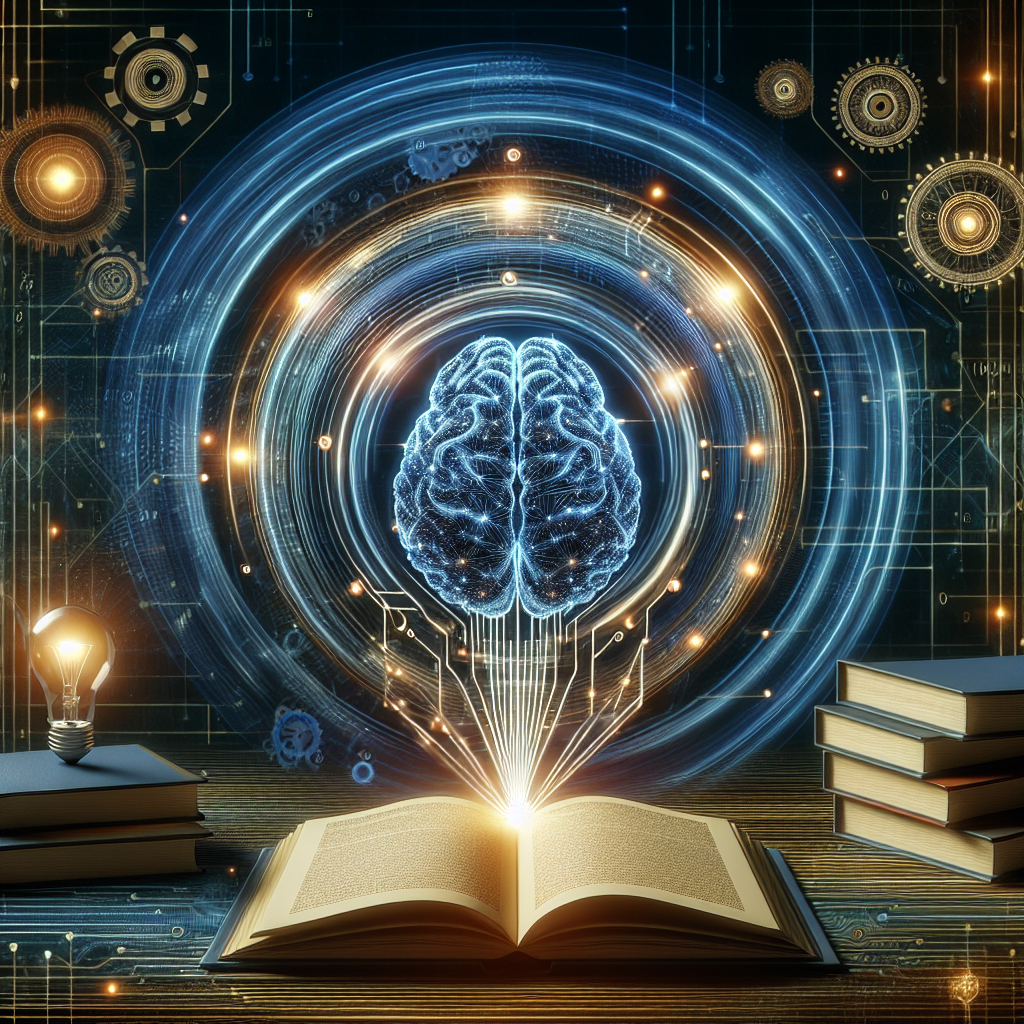The Impact of AI on Curriculum Development
Artificial Intelligence (AI) has been rapidly transforming various industries, and its impact on education is no exception. One of the areas where AI is making a significant difference is in curriculum development. AI technology is revolutionizing the way curriculum is created, personalized, and delivered to students, offering endless opportunities for enhancing the learning experience. In this article, we will explore the impact of AI on curriculum development and how it is shaping the future of education.
AI in Curriculum Development
Traditionally, curriculum development has been a time-consuming and labor-intensive process that involves the collaboration of educators, curriculum specialists, and administrators. However, with the advent of AI technology, this process has been streamlined and optimized for efficiency and effectiveness. AI algorithms can analyze vast amounts of data to identify trends, patterns, and insights that can inform the design of a curriculum that meets the needs of diverse learners.
AI-powered tools can also help educators create personalized learning experiences for students by adapting the curriculum to their individual needs, learning styles, and preferences. For example, AI can analyze students’ performance data to identify areas where they may be struggling and provide targeted interventions to help them succeed. This personalized approach to curriculum development ensures that every student receives the support they need to achieve their full potential.
Furthermore, AI technology enables educators to incorporate real-time feedback and assessment into the curriculum, allowing them to monitor students’ progress and adjust the curriculum as needed. This continuous feedback loop ensures that the curriculum remains relevant and effective, leading to improved learning outcomes for students.
AI also has the potential to revolutionize the way curriculum is delivered to students. With the rise of online learning platforms and virtual classrooms, AI-powered algorithms can customize the delivery of content to match students’ learning pace, preferences, and abilities. This adaptive learning approach ensures that students receive a tailored learning experience that maximizes their engagement and understanding of the material.
Overall, AI is transforming curriculum development by making it more personalized, adaptive, and data-driven. Educators can leverage AI technology to create dynamic, responsive curricula that meet the needs of 21st-century learners and prepare them for success in an increasingly complex and interconnected world.
FAQs
Q: How is AI used in curriculum development?
A: AI is used in curriculum development to analyze data, identify trends and patterns, personalize learning experiences, provide real-time feedback, and deliver content in a customized manner. AI-powered tools help educators design curricula that meet the needs of diverse learners and adapt to students’ individual needs and preferences.
Q: What are the benefits of using AI in curriculum development?
A: The benefits of using AI in curriculum development include increased efficiency, personalized learning experiences, real-time feedback, adaptive delivery of content, improved learning outcomes, and enhanced engagement. AI technology enables educators to create dynamic, responsive curricula that meet the needs of 21st-century learners.
Q: How does AI impact student learning?
A: AI impacts student learning by providing personalized learning experiences, adapting the curriculum to students’ individual needs, delivering content in a customized manner, and providing real-time feedback. AI technology helps students engage with the material more effectively and achieve better learning outcomes.
Q: What are some examples of AI-powered tools used in curriculum development?
A: Some examples of AI-powered tools used in curriculum development include learning analytics platforms, adaptive learning systems, intelligent tutoring systems, virtual assistants, and automated assessment tools. These tools help educators create personalized, data-driven curricula that meet the needs of diverse learners.
Q: How can educators leverage AI technology in curriculum development?
A: Educators can leverage AI technology in curriculum development by using AI-powered tools to analyze data, identify trends and patterns, personalize learning experiences, provide real-time feedback, and deliver content in a customized manner. By incorporating AI into their curriculum development process, educators can create dynamic, responsive curricula that meet the needs of 21st-century learners.

